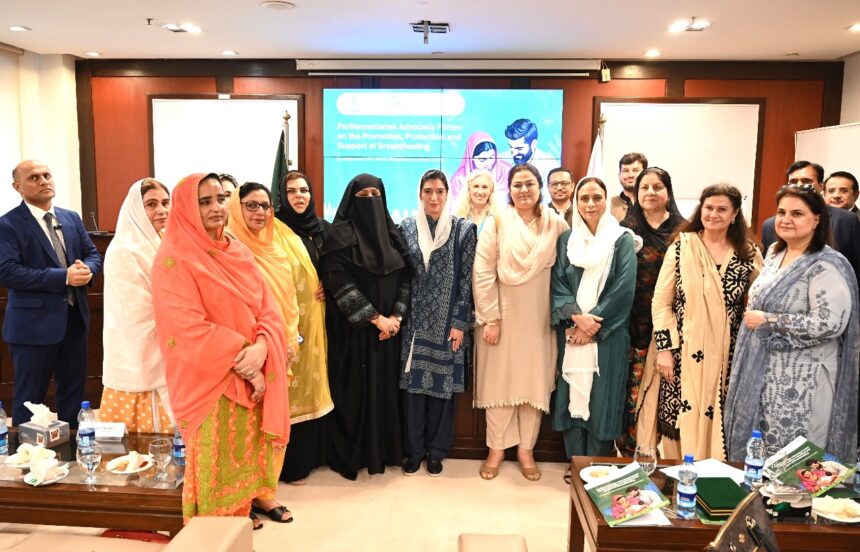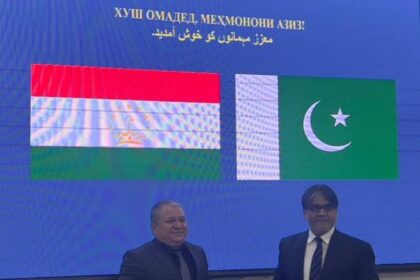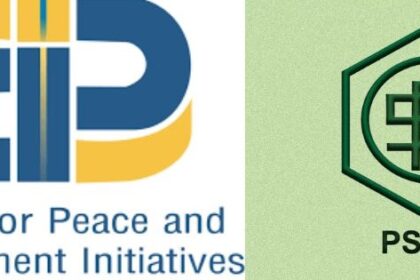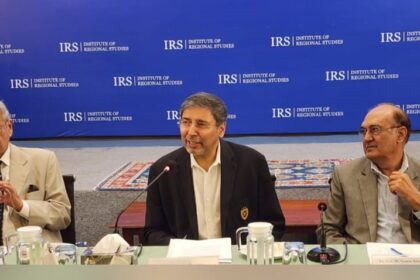Pakistan’s political leaders, including First Lady Aseefa Bhutto Zardari, Sindh Health Minister Dr Azra Fazal Pechuho, and a cross-party group of parliamentarians, have pledged unified action to strengthen breastfeeding and nutrition policies in the country. The commitment was formalized through a landmark joint declaration endorsed during a high-level forum in Islamabad, signaling strong political will to bolster child health, empower mothers, and dismantle barriers to optimal breastfeeding practices.
The declaration, unveiled at the Parliamentarian Advocacy Forum on the Prevention, Protection, and Support of Breastfeeding—organized by UNICEF and the Women Parliamentary Caucus—calls for recognizing breastfeeding as a critical national investment in health and development. Key priorities outlined include strict enforcement of marketing regulations for breastmilk substitutes, integration of breastfeeding support within healthcare systems, improved workplace protections for breastfeeding mothers, and community engagement to shift entrenched cultural attitudes.
First Lady Aseefa Bhutto Zardari underscored the commitment by signing the declaration, highlighting the importance of elevating breastfeeding and maternal nutrition on the national agenda. Sindh Health Minister Dr Azra Fazal Pechuho, in her keynote address, urged lawmakers to maintain regulatory oversight of formula milk under the Drug Regulatory Authority of Pakistan, emphasizing that formula milk should be treated as a medicine rather than food. She explained that Sindh’s newly enacted breastfeeding protection law was passed despite strong resistance from commercial interests, and courts upheld its importance for public health.
Dr Azra Pechuho also announced further initiatives in Sindh, including the hiring of lactation counselors, provision of micronutrient supplements for pregnant women, and intensified efforts to promote breastfeeding. She connected the lack of early childhood breastfeeding to the country’s rising burden of non-communicable diseases, such as heart disease and strokes.
UNICEF Representative Pernille Ironside called for the replication of Sindh’s breastfeeding law at the national level and emphasized the need for gender-responsive healthcare systems that prioritize maternal and child health. UNICEF Nutrition Chief Anteneh Girma Minas described the presence of the First Lady at the event as a significant milestone in policy advocacy.
Presenting evidence on the economic burden of low breastfeeding rates, Prof Jamal Raza of the Sindh Institute of Child Health and Neonatology revealed that Pakistan incurs a loss of nearly $2.8 billion annually, including over $888 million spent on breastmilk substitutes. Exclusive breastfeeding rates remain at just 48.4 percent, falling short of international targets and exposing infants to heightened risks such as malnutrition, infection, and future health complications. According to Prof Raza, increasing exclusive breastfeeding to 70 percent could save thousands of child lives, prevent millions of diarrhoea cases, and reduce healthcare expenditures.
Other experts at the forum highlighted the urgent need for legislative reforms and public health initiatives. Dr Shahida Rehmani of the Women Parliamentary Caucus underscored the benefits of breastfeeding for reducing infant mortality and improving maternal outcomes. Prof Masood Sadiq of the Pakistan Paediatric Association advocated for extending paid maternity leave to at least six months, a nationwide ban on breastmilk substitute advertising, and a federal law modeled after Sindh’s regulations.
UNICEF gender specialist Fahmida Khan, along with colleagues Saba Shuja and Dr Mazhar Hussain, stressed that scaling up breastfeeding could be a transformative measure against malnutrition and stunting—two pressing challenges affecting millions of children in Pakistan.
Through the joint declaration, lawmakers across party lines committed to advancing breastfeeding-friendly legislation, enforcing current regulations, embedding breastfeeding promotion into all levels of healthcare, and securing sustainable financing for nutrition programs. This cross-party consensus, led predominantly by women parliamentarians, is aimed at safeguarding Pakistan’s youngest populations from the health hazards linked to formula promotion and inadequate breastfeeding support.











